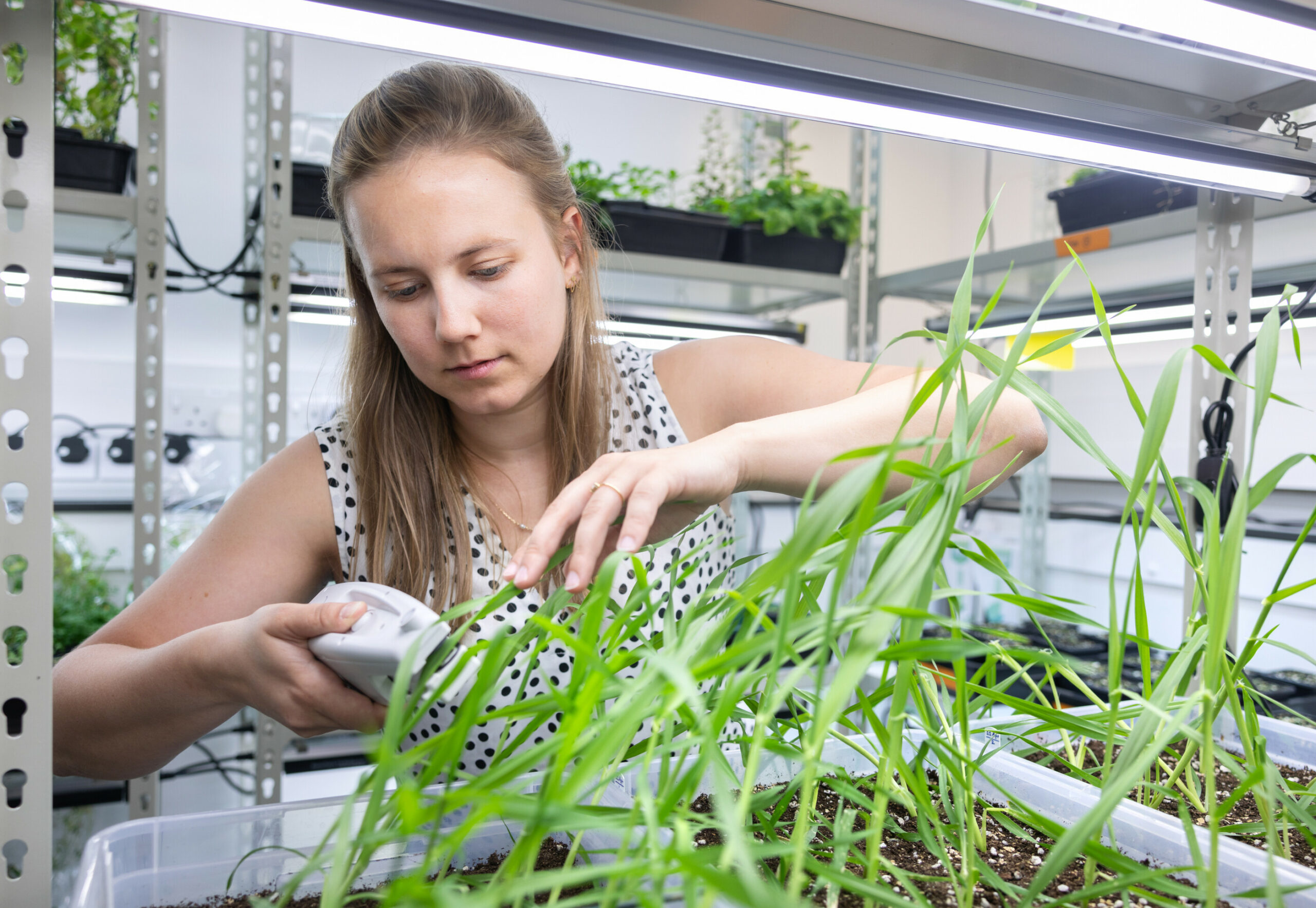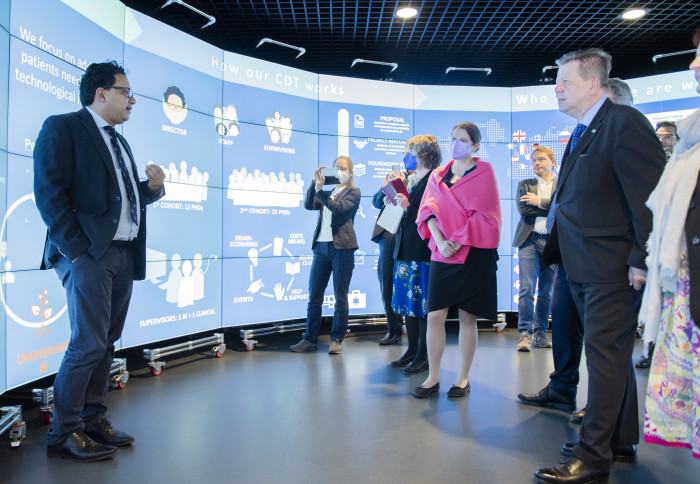
We are excited to announce that I-X will support six innovative research projects through its Moonshot Seed Funding scheme. The initiative is a part of I-X’s commitment to delivering ambitious scientific “moonshots”, by bringing together multi-disciplinary academic teams to tackle problems that they cannot solve alone. The scheme provides small amounts of seed funding to help the I-X community initiate new collaborations in order to achieve these “moonshots”.
The Moonshot Seed Funding supports various projects, including creating proof-of-concept prototypes, hosting grant writing workshops, running small field experiments, hiring interns, or purchasing research equipment for the I-X labs. Projects can receive up to £5,000 in funding and will last up to 6 months. Each project is led by a member of the I-X community; to further I-X’s commitment to supporting upcoming researchers’ development, each project must include an Early Career Researcher—PhD student, postdoctoral researcher, or junior member of the faculty—as a co-lead.
Winning Projects
We are excited to introduce the projects that have been awarded funding in this round:
-
Investigating Gaussian Splatting for fMRI
The project is led by Dr Thomas Fletcher and aims to investigate the utility of 3D and 4D Gaussian splatting (GS) for reconstructing infant functional magnetic resonance imaging (fMRI), focusing specifically on whether GS can be leveraged to learn a latent space of motion-free. The project’s main goal is to train a network and latent space to represent 3D structural brain data using adult and fetal brain data.
-
Signature Methods for Neural Compression
The project is led by Dr Cristopher Salvi and aims to design a state-of-the-art, lossless compression method using signatures as well as an associated decoding algorithm to understand complex streams of data.
-
Prototyping a Low-Cost Edge Acoustic Sensor to Kickstart the Development of Efficient AI for Scalable Acoustic Monitoring of Species
The project is led by Dr Sarab Sethi and aims to develop a prototype eco-acoustic sensor that will allow us to explore whether instead efficient AI models can be deployed directly on low-cost and power-efficient sensors using microcontrollers and Internet of Things (IoT) networks (cellular or LPWAN).
-
Safe Reinforcement Learning for Critical Applications
The project is led by Haozhe Tian and aims at advancing the application of reinforcement learning in safety-critical tasks (such as recommending diets for managing non-communicable diseases and managing the glucose levels in diabetic patients), by optimising their performance while maintaining strict safety standards.
-
AI-Driven Non-Invasive Multi-Modal Prognosis of Traumatic Brain Injury
The project is led by Yinzhe Wu and aims to leverage AI to develop non-invasive prognostic tools for Traumatic Brain Injury, through fostering international collaborations and creating foundational AI models capable of integrating and analysing extensive multi-modal data for brain injury diagnosis and prognosis.
-
Autonomous Underwater Inspection Platform
The project is led by Shida Xu and Kaichen Zhang and aims at developing an autonomous underwater platform, which will serve as a testbed for SLAM algorithms, robot planning, control strategies, and AI algorithms, supporting future research on robotics and AI.
We congratulate all the winners and wish them great success with their projects!
Stay connected with us on social media (X, LinkedIn) for further announcements about the scheme.
If you are interested in joining the I-X Community, consider applying for the I-X Affiliate Scheme, which is open to Imperial College London research staff.



